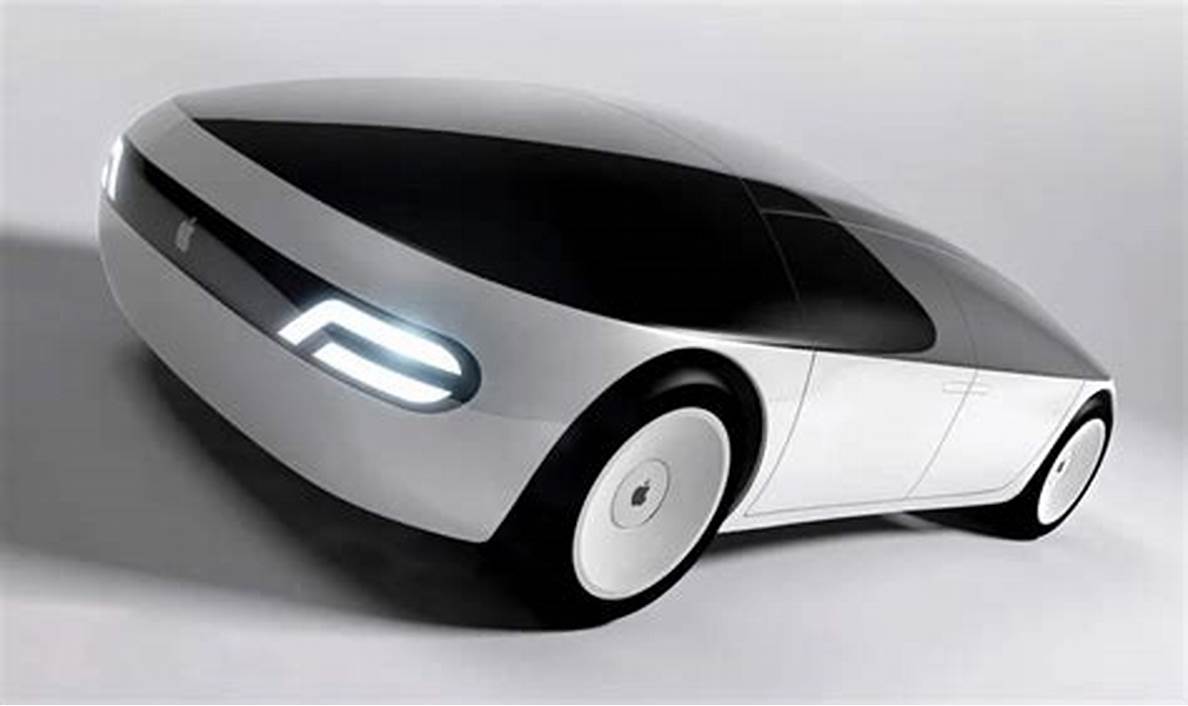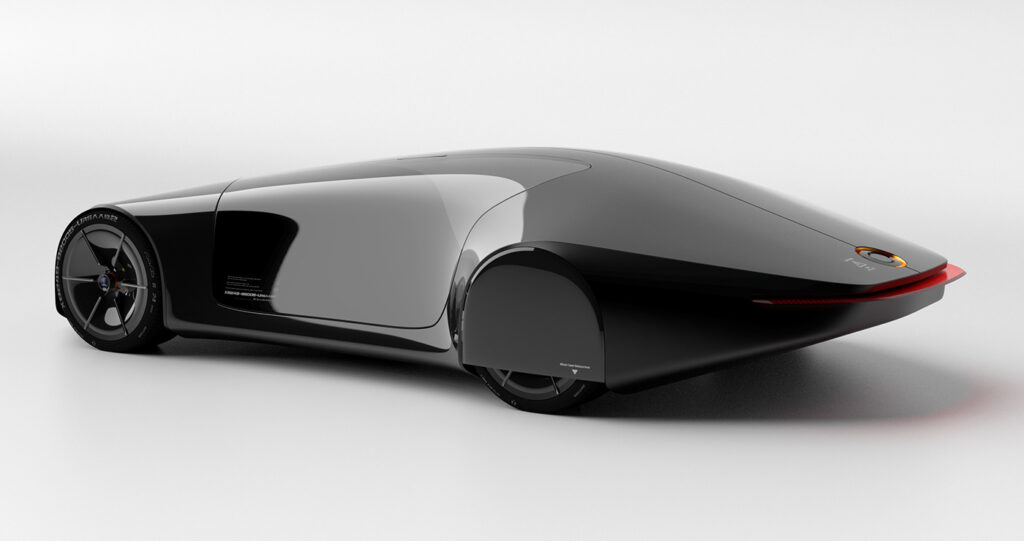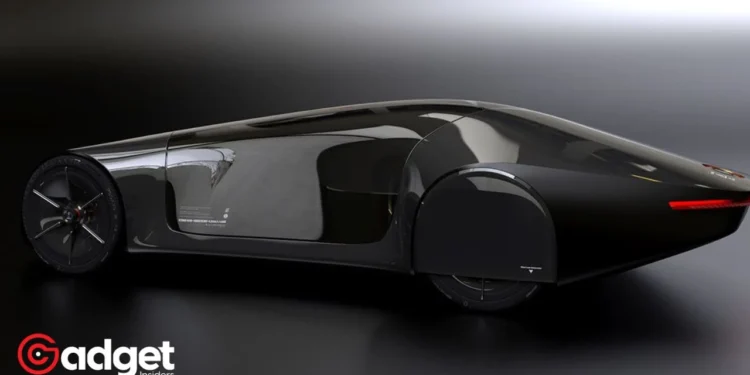In an industry that’s rapidly transforming with the advent of electric vehicles (EVs) and autonomous driving technology, Apple’s secretive automotive project, known as Project Titan, stands at a pivotal juncture. The tech behemoth’s journey into creating an electric car to compete with giants like Tesla has been anything but straightforward.
With a tentative launch date now pushed to 2028, the project is reportedly at a “make-or-break” moment, signaling a critical phase in its ambitious endeavor to redefine mobility.

The Evolution of Project Titan
A Decade of Development and Challenges
Project Titan’s enigmatic venture into the automotive world, has captivated imaginations with the promise of merging Apple’s innovation prowess with the future of transportation. Despite an estimated annual investment of $1 billion, the project remains shrouded in mystery, with only snippets of information surfacing over the years.
Initially set on delivering a fully self-driving electric vehicle, the tech giant has recalibrated its goals amidst technological and regulatory hurdles, now aiming for a vehicle that enhances highway driving while still requiring driver vigilance.
Talent Acquisition and Strategy Shifts
The project has seen its fair share of ups and downs, including leadership changes, layoffs, and strategic pivots. Notably, Apple’s ambition once included poaching talent from industry leaders such as Tesla, underscoring its serious commitment to carving out a space in the automotive sector.
However, the realization of these automotive ambitions has proven to be as challenging for the tech giant as it would be for any startup venturing into the complex world of EVs and autonomous driving.

Apple’s Current Focus: A Driver-Assistance System
Bridging the Gap to Autonomy
The company’s revised strategy appears to align more closely with existing advanced driver-assistance systems (ADAS) offered by Tesla and other manufacturers, focusing on highway driving assistance rather than full autonomy.
This pragmatic approach reflects the industry’s broader acknowledgment of the immense challenges in achieving fully autonomous driving in the near term. Despite these challenges, Apple’s vision includes evolving the vehicle’s capabilities over time, gradually increasing its autonomy.
Designing the Future
In a bid to differentiate its product in a fiercely competitive market, Apple is concentrating on delivering a vehicle with a distinctive design, advanced safety features, and a unique user interface. This strategy is emblematic of Apple’s ethos, prioritizing sleek design and intuitive functionality.
However, entering the EV market at this juncture presents its own set of challenges, with Tesla setting a high bar for technology-driven vehicles and new players like Sony and Honda’s collaborative brand, Afeela, entering the fray.
Air by Apple. Car reinvented. #applecar pic.twitter.com/P0l061jwOM
— Baran (@BaranOncel) February 15, 2024
The Road Ahead: Apple’s Electric Car Ambitions
An Uncertain Yet Promising Future
As Project Titan reaches a critical phase, the possibility of Apple discontinuing the program looms if the latest strategic adjustments fail to materialize into a viable product. This scenario underscores the inherent risks and uncertainties in pioneering new technologies and markets.
Yet, the potential of an Apple-branded car, with its emphasis on design, safety, and user experience, could still significantly disrupt the automotive industry.
Navigating a Crowded Market
The landscape of electric and autonomous vehicles has evolved dramatically since Apple began its automotive explorations. With established automakers and tech companies alike vying for dominance, the question remains: what unique value can an Apple Car bring to an increasingly saturated market?
This challenge is compounded by the industry’s slow progress toward fully autonomous vehicles, a goal that has proven more elusive and resource-intensive than initially anticipated.
As Apple’s Project Titan approaches a decisive moment, the tech giant’s foray into the automotive world is a testament to its willingness to explore and potentially transform new industries.
Whether Apple can successfully navigate the complexities of the EV and autonomous driving market to deliver a groundbreaking product remains to be seen. Nonetheless, the journey of Project Titan, with its highs and lows, offers valuable insights into the challenges and opportunities of innovation at the intersection of technology and transportation.










